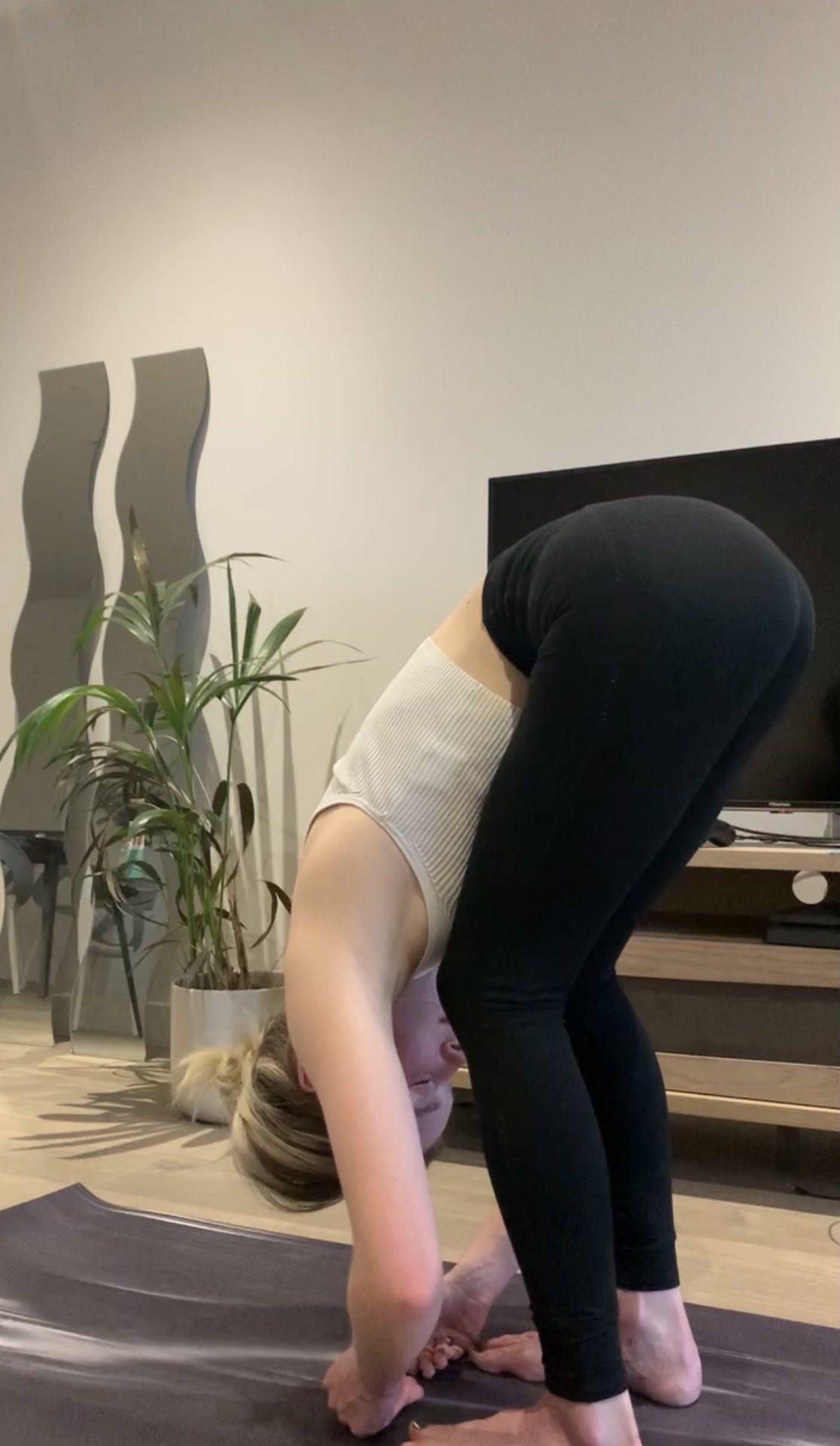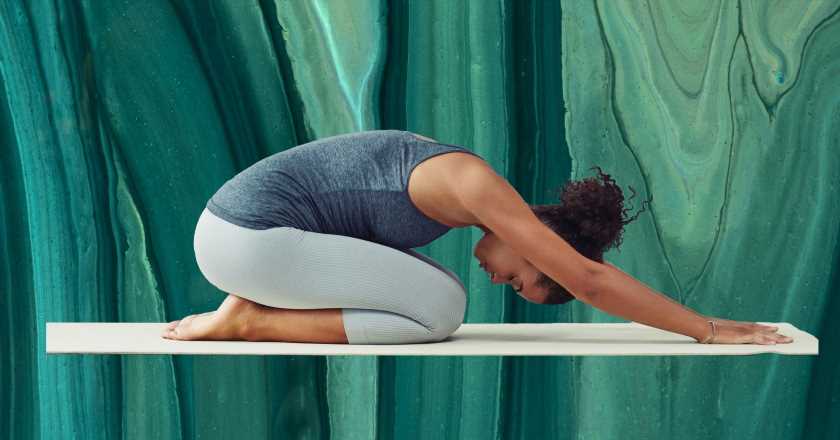Strong Women’s Chloe Gray is on a mission to better look after her body. In the first of a new series, she tries acupuncture (despite a fear of needles) to see if it can finally help her de-stress.
On the face of it, the world is obsessed with recovery. Fitness trackers monitor sleep and “body ‘battery“ levels, telling us to slow down when we have physical signs of stress. Recovery technology, such as spaceman-style compression boots and cryotherapy, is popping up on our high street. Instagram influencers now tell us to “listen to our bodies” rather than spread the “go faster” messaging they spouted two years ago.
But how many of us actually follow that advice? Research by mental health charity Mind found that over 40% of people don’t take proper rest days from their workout routine. The ClassPass 2022 trend report showed that while recovery bookings are on the rise, three in five still opt for a high-intensity workout over calming sessions like yoga and meditation.
You may also like
Recovery Clinic: “Why I’m having acupuncture for stress – even though I hate needles”
While I sleep for over eight hours a night, practise yoga a few times a week and take regular rest days, I hold my hands up to being someone who struggles to spend their downtime actually resting.
I’m only ever sitting still when I’m bingeing on episodes of The US Office and simultaneously scrolling through stress-inducing Instagram feeds. On rest days, I don’t swap workouts for relaxation practices; I’d rather pack my calendar with life admin, social events or extra work. Like many others, it’s only when injury stops play that the foam roller comes out.
Why are we not resting?
To get to the bottom of why it’s so bloody hard to relax, I ask Anne-Sophie Fluri, neuroscientist and mindfulness expert at MindLabs, why we’reso bad at doing the things that make us feel better. Initially, she points me to a study from Harvard University that shows we are evolutionarily programmed to favour rest. Aside from running from food, “hunter-gatherers in camp usually sit on the ground (they have no chairs), do chores, take care of children and engage in other activities that require little exertion,” the researchers write.

“There must be a psychosocial approach to our ability or inability to rest or see rest as productive,” says Fluri. “It might be learned from what we see online and the glamorisation of the ‘grind’. We undoubtedly live in a society where you always have to be showing the output of your work. When you’re resting and recovering, there’s nothing for you to show. It doesn’t seem to fit into the narrative of optimising performance.”
Ironically, proper recovery is crucial for optimisation. Our muscles can’t recover when we’re constantly moving around or chronically ‘on’. The science shows that slowing down and properly recovering improves our workouts and helps us avoid injury: a paper from the Neural Plasty journal found that five weeks of practising mindfulness enhanced endurance performance. And a 2016 paper found that American college students were more likely to become ill or injured during stressful academic periods than at other times throughout the year.
You may also like
Rest day guilt: a women’s health expert explains the benefits of doing ‘nothing‘
Long-term failure to look after our bodies puts us at risk of overuse injuries, overtraining syndrome and relative energy deficiency in sport (RED-S) that leads to period loss. And we know this, yet we don’t do it. That is why recovery brands are tapping into the recovery sector, but this might only make things worse.
Rest now feels totally inaccessible, given recovery conjures up visions of expensive cryotherapy centres, long yoga workouts in beautiful studios or digitally tracking every bodily function. Even a simple foam roll feels like a cost imbalance – it might help your long-term recovery to spend five minutes tuning into your body and undoing knots, but in the moment, it will take more energy to roll around on the floor than to sit with a bag of chocolate in your lap.
“I have to admit that all of the health podcasts I listen to feature high-performance athletes who talk about sitting in oxygen chambers to restore their muscle fibres and, on social media, everyone seems to have access to unlimited resources. But for most people, recovery is not costly,” Fluri says.

To really rest, we need to forget about these high-endtools and start small. “When you make a little commitment to yourself, you prove that you are a priority,” she says. “Small habits tend to be the easiest to achieve and have the biggest knock-on impact.”
Fluri genuinely believes that a glass of water before you start your day or a stretch after your workout is more than just recovery – it’s a sign of respect. And maybe in a twisted bid to always be doing the most, that is what we’re missing out on. Maybe it’s not about feeling that recovery is unnecessary, but that we don’t believe we’re worth the gentle practices. Saying that is enough to jump-start me into five minutes of meditation.
Images: Getty/Chloe Gray
Source: Read Full Article
